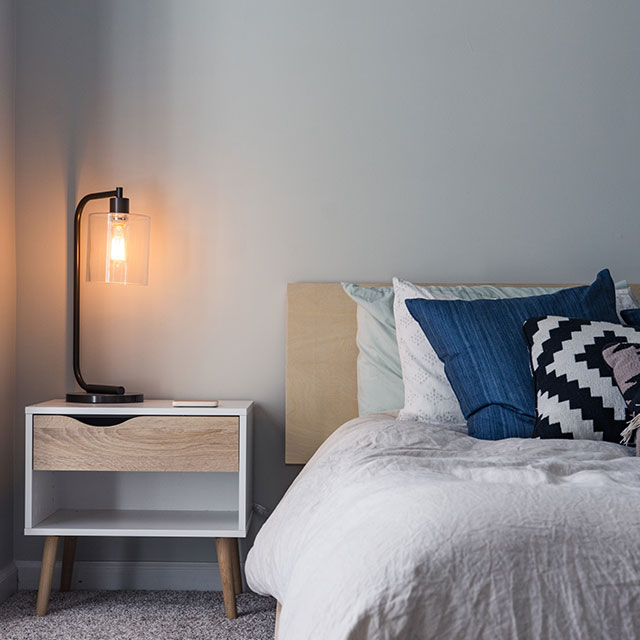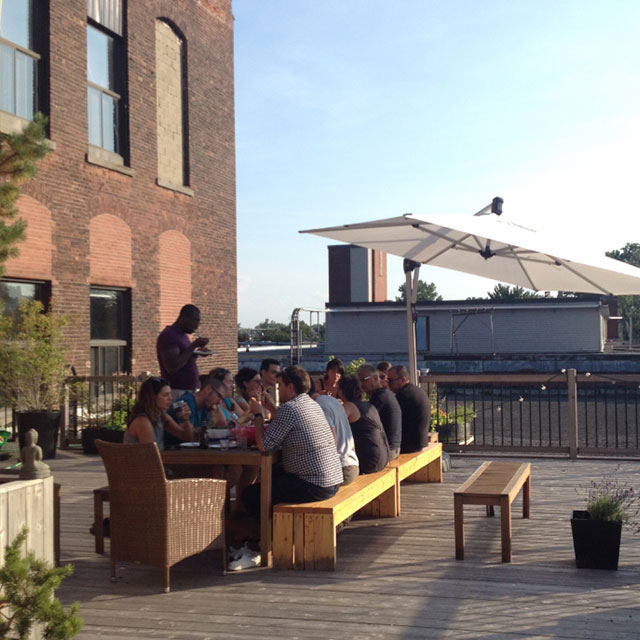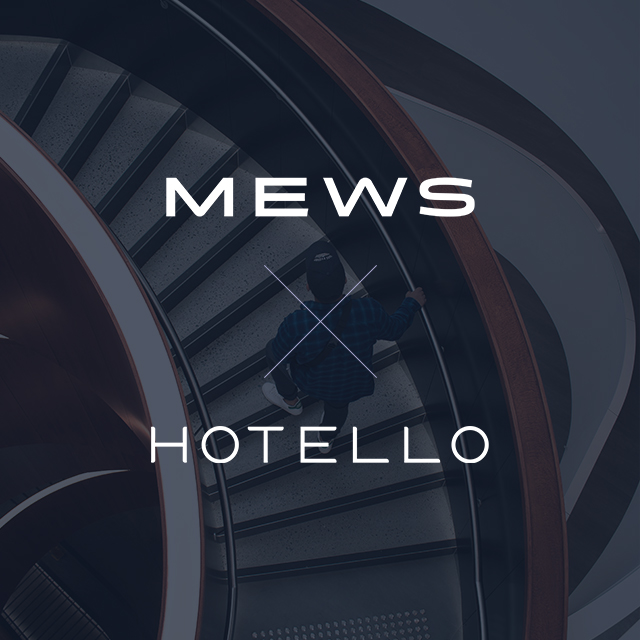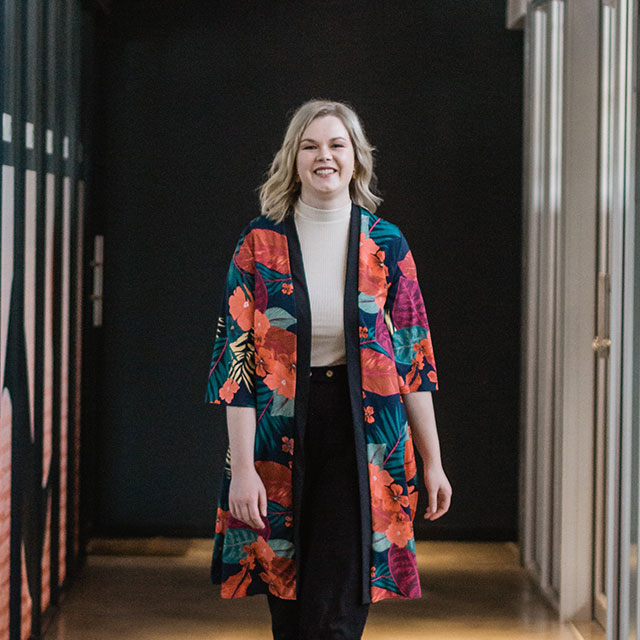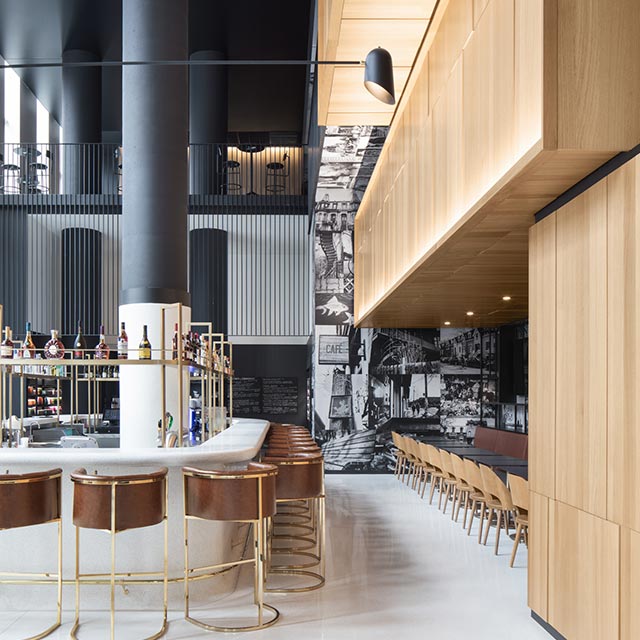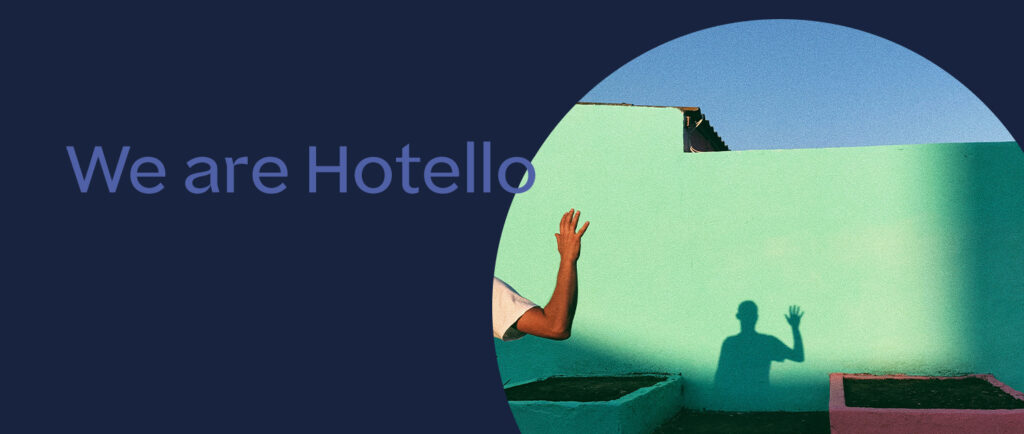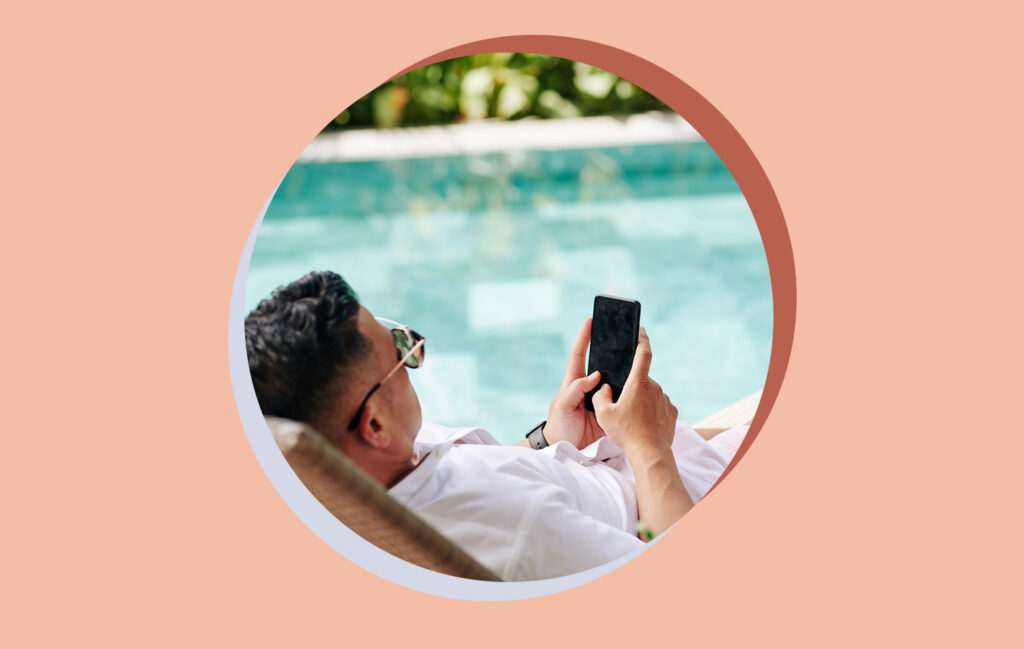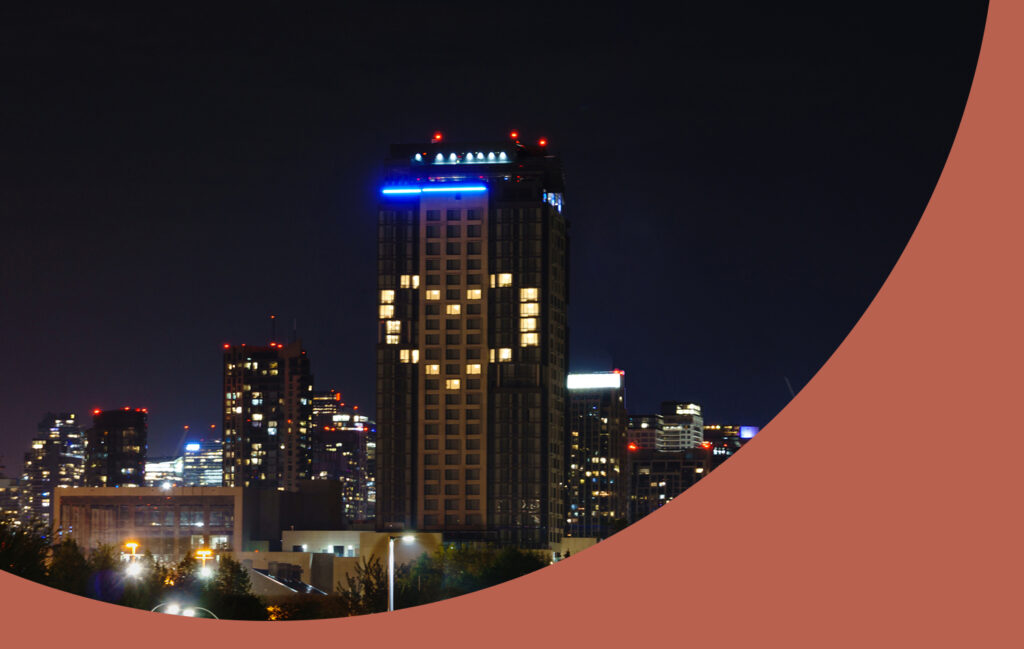
This digital marketing strategy is undeniably beneficial for your property since it will allow you to appear in the first results of a search engine and thus bring back traffic on your website and increase the number of online bookings.
SEO: Search Engine Optimization
You have probably heard your marketing team or your marketing agency talk about SEO at some point! Also called natural referencing, SEO is carried out using the algorithms of the different search engines. These algorithms rank the search results according to their relevance but also according to various positioning criteria.
It is therefore necessary to use relevant keywords related to your property type and the services you offer, to structure the published content and ensure its quality, to use hashtags, relevant meta descriptions and external links to optimize your website as much as possible.
Although SEO is a free or low-cost strategy, it requires continuous efforts and time to achieve significant results in terms of online visibility.
SEA: Search Engine Advertising
SEA, also known as paid or sponsored referencing, consists of bidding on a particular keyword and paying for it on a cost-per-click (CPC) basis. Thus, you can create your campaigns and advertisements whether it is for the promotion of a special offer or one of your hotel’s activities and appear among the first results of a search engine such as Google.
Sponsored campaigns are an excellent way to gain visibility, increase your website’s traffic and conversion rate rather quickly but can be quite expensive.
In the hospitality industry, these keywords are often used by the big players in the industry such as Booking.com or Expedia, which are partly responsible for your own marketing. It will therefore be wise to target keywords that are not used by these big players in order to position yourself strategically on less expensive but still relevant keywords.
SMO: Social Media Optimization
SMO is a set of strategies and actions that aim to optimize the online visibility of a property, particularly through social media. Social media, being widely used by all, is an essential tool to improve your positioning in search engine results and your online visibility. Improving the referencing of videos published on Youtube, creating authentic content dedicated to Facebook and Instagram, and using popular hotel keywords and hashtags are examples of strategies that can be implemented to optimize your social media. Also, inviting as many people as possible to follow you on social media and share content about their experience at your hotel can only be beneficial. Keep in mind that you will also have some form of control over what you want to share on your social media platforms.
SEM: Search Engine Marketing = SEO+SEA+SMO
SEM simply represents all the strategies of natural referencing, paid referencing and social media optimization used in order to generate qualified traffic on your hotel’s website and potentially increase your online reservations.
Digital marketing has never been so paramount for any property wishing to improve its online visibility, especially on search engines. Thus, it is essential to have a solid SEO marketing strategy in order to be present in the first results of a search engine, but also to increase the traffic on your property’s website and to convert simple Internet users into future guests.
Nevertheless, keep in mind that referencing marketing is a short to long term strategy, which requires recurrent and productive work!
 Log in
Log in
